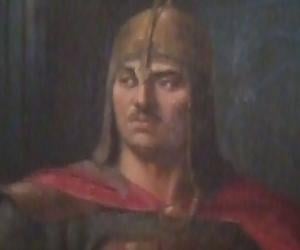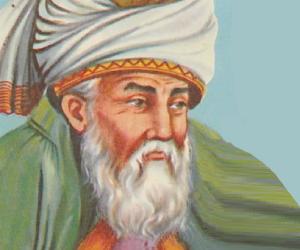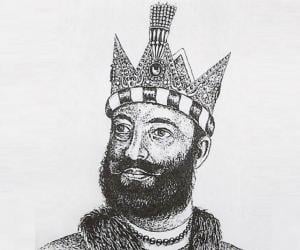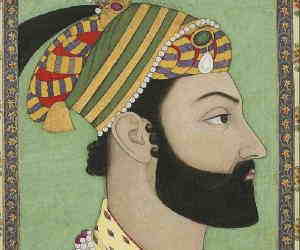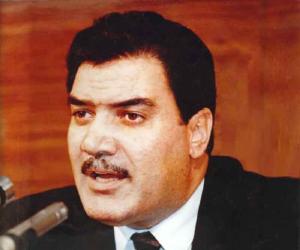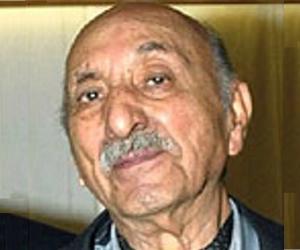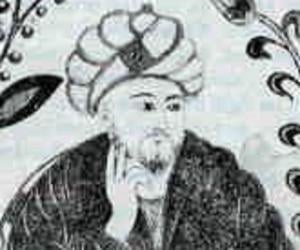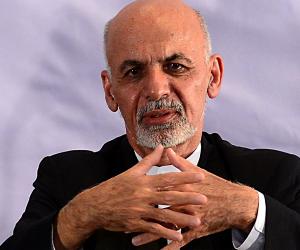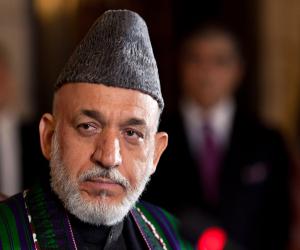Rumi was a Persian poet and Sufi mystic whose spiritual legacy has been attracting praises for the past 800 years! Often described as the best-selling and most popular poet in the US, Rumi's poems are widely read today in many countries. His poetry has influenced the literary traditions of many languages, such as Pashto, Urdu, Chagatai, and Ottoman Turkish.
Ahmad Shah Massoud was an Afghan military commander and politician. From 1979 to 1989, he played an important role in the Soviet-Afghan War, where he served as a powerful guerrilla commander. He was nicknamed Lion of Panjshir for his role in the war. Massoud was assassinated by Al-Qaeda in 2001. His death anniversary is observed as a national holiday in Afghanistan.
Mahmud of Ghazni was the sultan of the Ghaznavid Empire on two separate occasions. He first ascended the throne upon the death of his father, Mahmud, in 1030. However, he was soon overthrown by his twin brother Ma'sud I. Years later, he was reinstated as sultan but was soon executed by his nephew Maw'dud. His entire family was also killed.
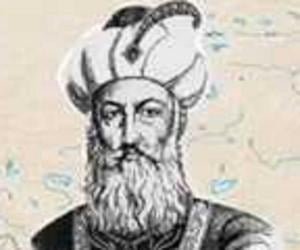
Muhammad of Ghor of the Ghurid Empire went down in history as the man who established Muslim rule in the Indian subcontinent and set the tone for the upcoming Mughal dynasty. He ruled over a vast area, which included India, Afghanistan, Pakistan, and Iran, among others, along with his brother, Ghiyath ad-Din Muhammad.
Mohammad Najibullah was an Afghan politician. From 1987 to 1992, he served as the president of Afghanistan before resigning in 1992. Throughout his tenure as president and leader of Afghanistan, Najibullah preferred nationalism over socialism, abolished the one-party state, and made Islam an official religion. In 1996, he was publicly hanged by the Taliban after they captured Kabul.
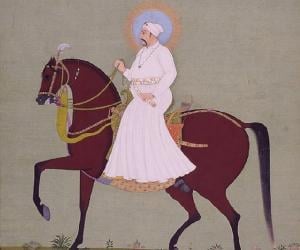
Mohammed Zahir Shah was the last king of Afghanistan, in power from 1933 until he was deposed in 1973. During his reign, he focused on modernizing the economy, improving Afghanistan’s relations with other countries, and creating a new constitution. Following his deposition, he remained in exile for many years before returning to Afghanistan.
Rashid Khan is an Afghan professional cricket player. Over the years, he has been instrumental in the success of the Afghanistan men's national team and is credited with popularizing cricket in Afghanistan. Widely regarded as one of the best bowlers in twenty20 cricket, Rashid Khan was adjudged the 'ICC Men's T20I Player of the Decade' in 2020.
Al-Farabi was an early Islamic philosopher who explored various fields, such as metaphysics, political philosophy, logic, and ethics. A multi-talented man, Al-Farabi was also a jurist, mathematician, cosmologist, scientist, and music theorist. Al-Farabi is credited with influencing other important philosophers like Moses ben Maimon and Ibn Sina. His work made him famous in the East as well as the West.
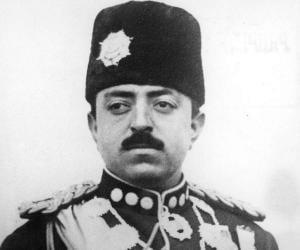
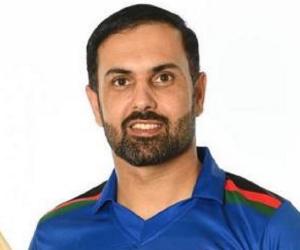

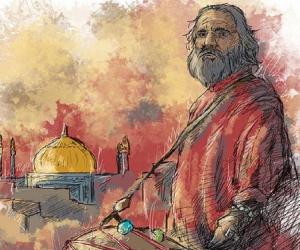
Lal Shahbaz Qalandar was a Sufi poet and saint of present-day Afghanistan and Pakistan. Revered by the Sindhi population, Shahbaz is credited with helping many people convert to Islam. A profound scholar of religions, Lal Shahbaz Qalandar is viewed as a holy figure in Sindh as it is believed that he performed many miracles during his time.
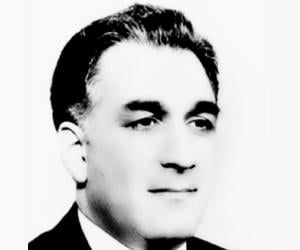

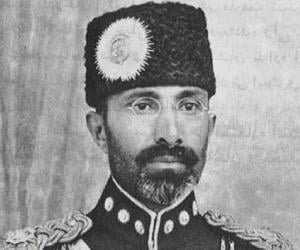
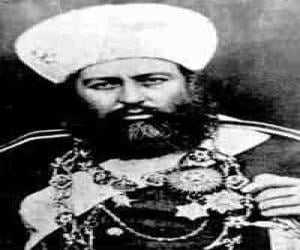
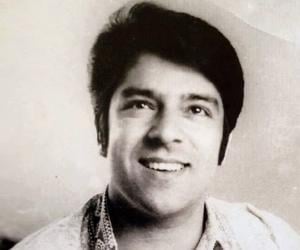
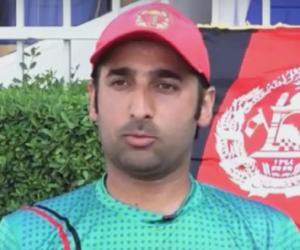
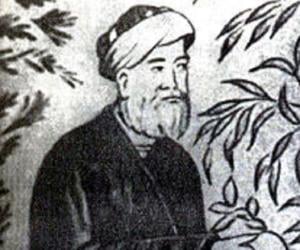

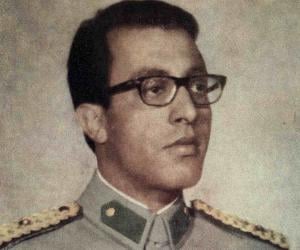

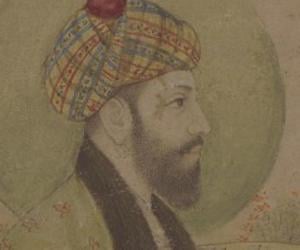
Mid-15th-century Timurid Empire ruler Abu Sa'id Mirza was the paternal grandfather of Babur, who later established the Mughal empire in India. He had multiple encounters with Timurid princes and went to war with the kingdom of Aq Qoyunlu. He succeeded in reuniting much of the Timurid empire.
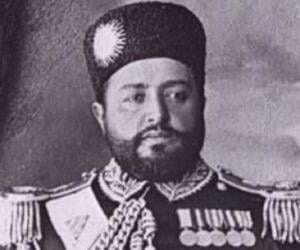
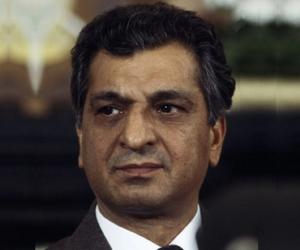
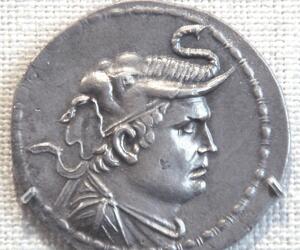
Afghan politician, academic, and economist Ashraf Ghani is currently serving as the president of Afghanistan. This is his second term. Previously, he held the office of minister of finance. Prior to joining politics, he was a professor of anthropology at numerous institutions. He is also one of the co-founders of the NGO the Institute for State Effectiveness.

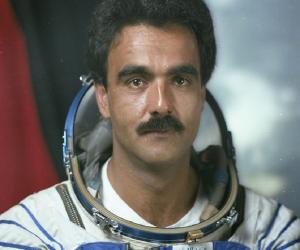
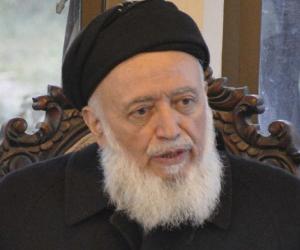
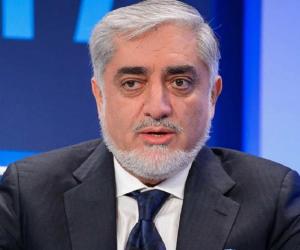


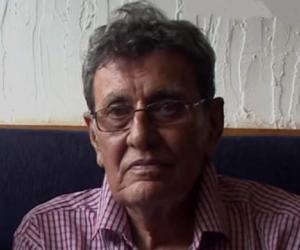
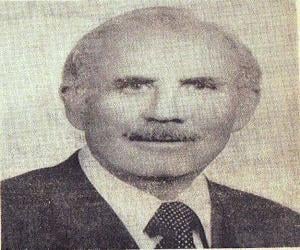

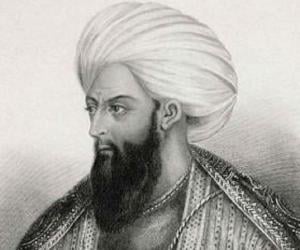

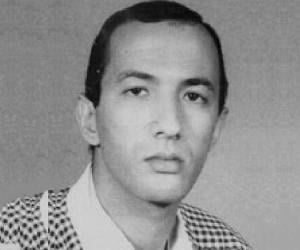
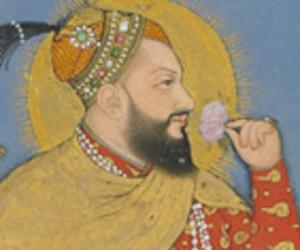
The 17th-century ruler of Bijapur, Muhammad Adil Shah is known for helping the Mughals fight the Ahmednagar Sultanate. He is believed to have built the Gol Gumbaz, a structure with the second-largest tomb in the world, as a mausoleum for himself, and was buried in it.


A 9th-century Iranian coppersmith, Yaʿqūb ibn Layth al-Ṣaffār established the Saffarid dynasty of Sistan. He once almost captured Baghdad. His dynasty also witnessed a revival of the Persian language after it was overshadowed by Arabic for a long time. He remains to be a popular Iranian folk hero.
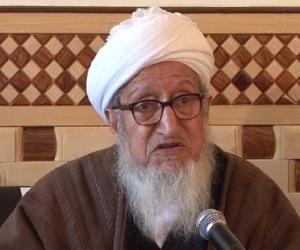

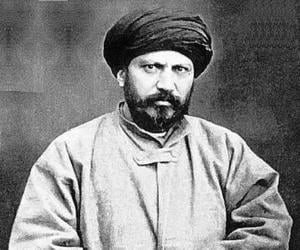
Jamal al-Din al-Afghani was an Islamic ideologist and political activist who traveled across the Muslim world in late-19th century. A fierce advocate of Hindu–Muslim unity in India and Pan-Islamic unity in Europe, Al-Afghani is credited with co-founding Islamic Modernism. Many educational institutions, hospitals, and roads in Afghanistan are named in his honor.
